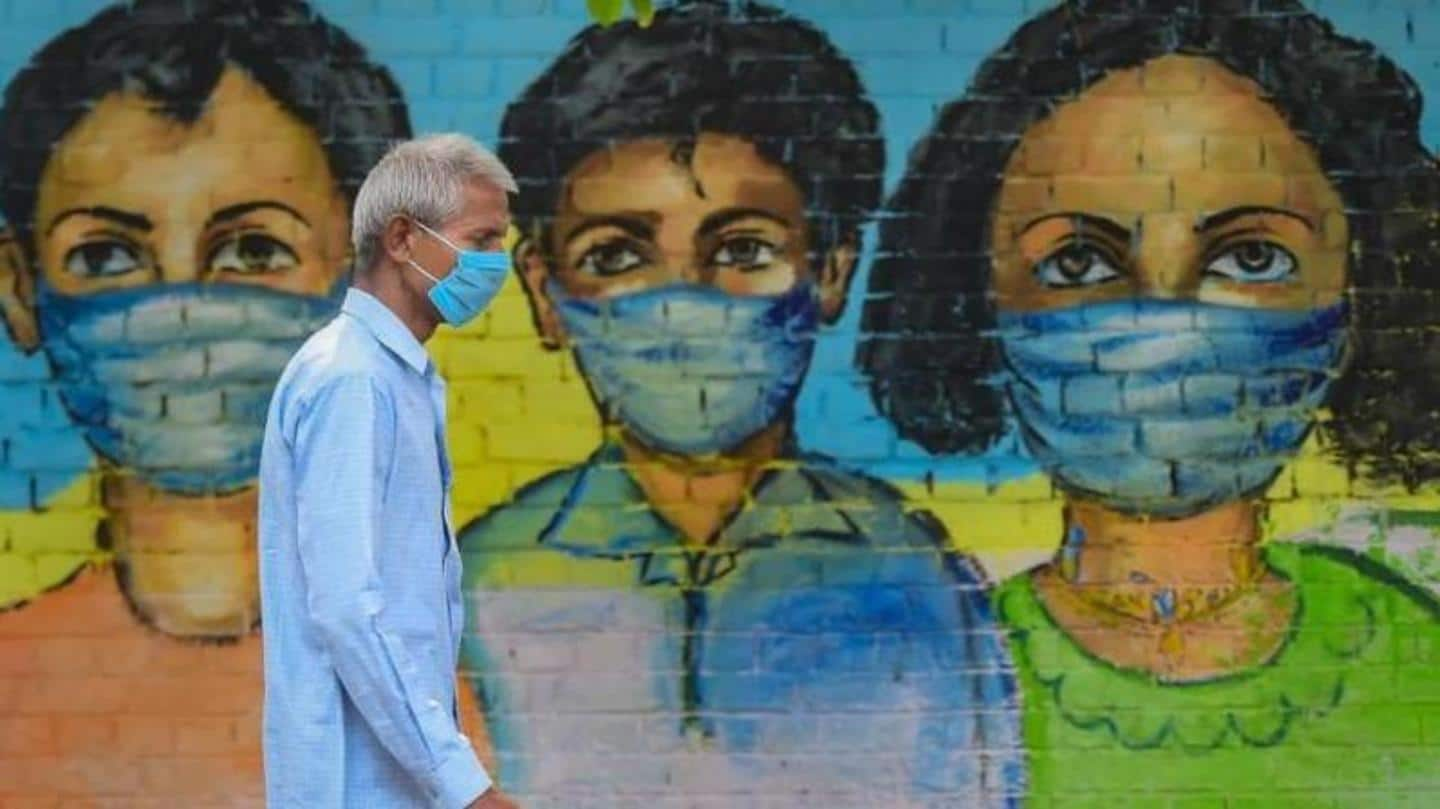
Will being exposed to low quantities of coronavirus generate immunity?
What's the story
Developing immunity against COVID-19 through repeated low-dose exposures is possible, however, it is not likely, Dr. James Hamblin said while responding to a query in his 'Paging Dr. Hamblin' column in The Atlantic. Dr. Hamblin is board certified in public health and general preventive medicine and is also a lecturer at Yale School of Public Health. Here are more details.
Query
'Even if we don't get sick, is immune system activated?'
Richard Clark from Friendswood, Texas had submitted a query to Dr. Hamblin asking if low-dose exposures to the coronavirus over the course of the pandemic could trigger an immune response. Clark asked, "Surely we have been exposed, at least slightly, to low quantities of the coronavirus over the course of the pandemic. Even if we don't get sick, is our immune system activated?"
Reply
Immunity through low-dose exposure possible, but very unlikely
Dr. Hamblin said such a scenario is possible, but very unlikely. He said even a single low-dose exposure could trigger an antibody response, however, that may not result in immunity. While people have tested positive for antibodies without getting sick, that does not mean that they are immune to COVID-19, he said, adding that not all antibodies function to stop the virus from spreading.
Information
'Low-dose exposure may turn antibody test positive'
He wrote, "A brief exposure to a tiny amount of virus in a grocery store may be enough to turn your antibody test positive, but it seems less likely to confer meaningful, lasting protection than if you'd had a serious case of COVID-19."
Antibodies
Not all antibodies lead to protection from virus
Dr. Hamblin explained that some antibodies latch onto the virus, but that does not stop the virus from spreading. Neutralizing antibodies latch onto the spike proteins of SARS-CoV-2, which the virus uses to bind to human cells and multiply, can offer protection. Most antibody tests cannot differentiate between these kinds of antibodies. Further, neutralizing antibodies are less common after an asymptomatic infection.
Quote
Link between types of antibodies, severity of COVID-19 unclear
He wrote, "The degree to which the severity of COVID-19 is related to the types of antibodies that develop remains unclear." He cautioned, "But don't mistake a single report of a person who had tons of protective antibodies without ever getting sick for the norm," adding that which antibodies and how many can offer protection is yet to be established.
Vaccination
'These variables make vaccine development complex'
Dr. Hamblin said, "All of these variables are why vaccination is so complex, and usually takes many years to get right. The goal is to create that dream scenario you described: to stimulate people's immune system into developing neutralizing antibodies that last, and to do so without causing side-effects." He said this makes the high efficiency reported for Pfizer and Moderna's vaccines so surprising.
Quote
'Flirting with mild exposure not something to consider doing deliberately'
He cautioned, "There's no reason to assume that low-level exposure to the virus is beneficial. Flirting with mild exposure is not something to even consider doing deliberately." He added, "Even if you didn't get sick, you could become an asymptomatic carrier and spread the virus, infecting and potentially killing other people. And you'd probably have no immunity to show for it."